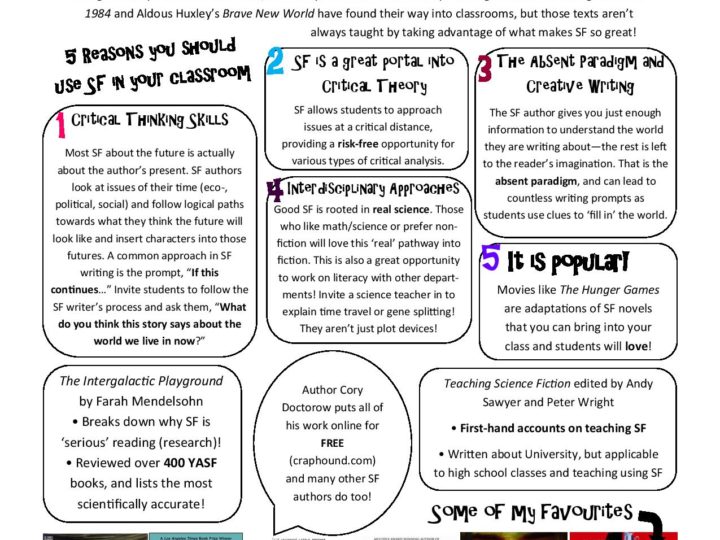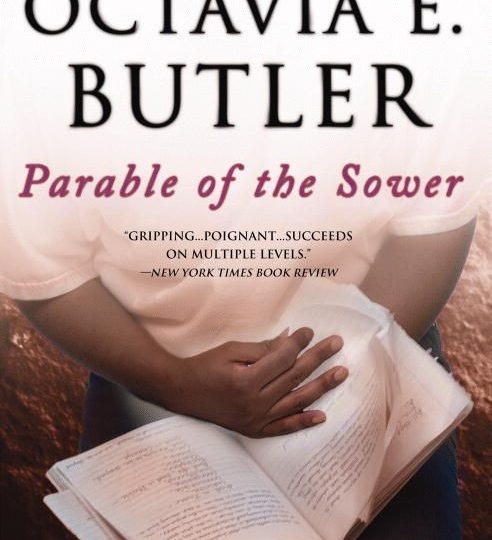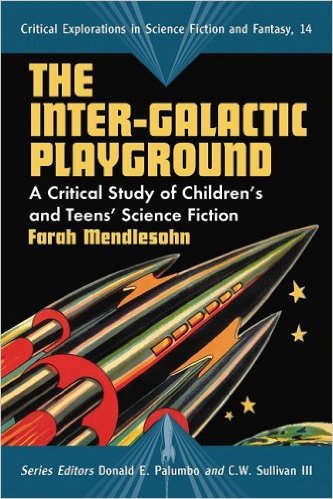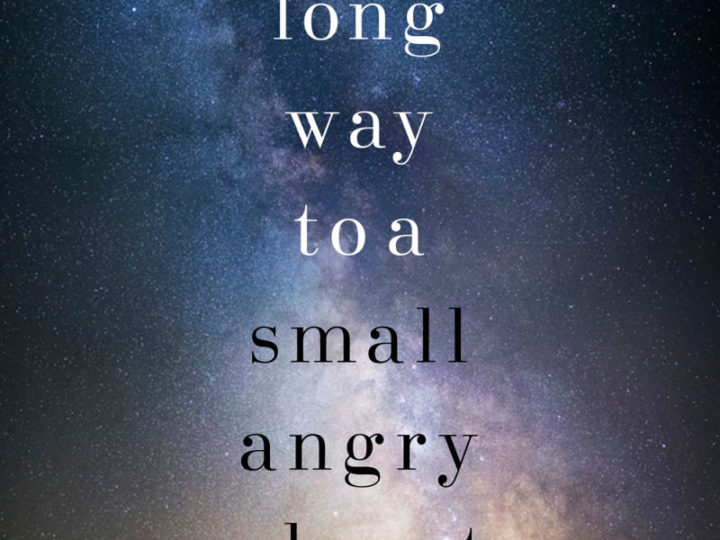
Nicole Kornher-Stace in her novel Archivist Wasp blends science fiction with fantasy and ghost stories and, in doing so, builds a world that is dynamic and removed from the author and readers’ present while still reaching back into the history of an Earth almost torn apart by war. The novel thus interacts with the concept of history in ways that move beyond the usual scope of the genre, where ghosts are symbols of a long-lost past (what might be the readers’ near-future) and the lives of the characters in the novel are driven by stories-made-myth in a distant future society. The main protagonist Wasp is an archivist who has been ‘chosen’ through a deadly selection process in an arena to fulfill the role of hunting ghosts and studying them, having killed other candidates for the profession of archivist only to find herself trapped in an abusive system which she must escape. In this way, Archivist Wasp can be approached from multiple perspectives including critical considerations of both genre and history.
In a post-apocalyptic future where history is suppressed at all costs, it is through Wasp’s partnership with a ghost who requires her help to explore their past during a journey in the underworld that Wasp is freed from her imprisoning role as archivist. In looking into the past, Wasp uncovers the truth about the archivist myths and what the Earth once was, and escapes a tradition characterized by violence. In this way, Kornher-Stace in Archivist Wasp not only uses SF as a means of extrapolation and a way to communicate the dangers of war for the contemporary reader, but also borrows elements of the fantastic to engage in debates surrounding the power of history. As Wasp explores the past of the ghost, Wasp also learns more about herself and the world she lives in, and ultimately gathers tools of empowerment that help her free herself in a society that discourages these kinds of interactions with history. In this sense, history emerges as the main theme in the novel and multiple questions are raised which might lead to valuable cross-curricular inquiry in the classroom between history and English, with science fiction as a frame to support hypothetical inquiry: What value might history have in anticipating what the future might look like? If one does not learn from the past, are they doomed to repeat it? And more personally, how does history impact you as an individual (both personally and on a societal level)?
This novel could encourage a significant assessment as learning opportunity where, as outlined in the curriculum document Growing Success, students are expected to thinking about their own thinking (metacognition). This could occur by following Wasp’s exploration of her own present through the ghost’s exploration of their past and asking: What am I doing when I explore my past, my personal history? How do previous experiences impact who I am and how I think about my own identity? What examples can I find in other texts the explore the importance of history both personally and socially? Connecting to an exploration of genre in the text, students could explore how science fiction frames their understanding of history in the novel, and consider what including ghosts in the novel contributes to their thinking.
Works Cited
Kornher-Stace, N. (2015). Archivist Wasp. Easthampton: Big Mouth House.
Ontario Ministry of Education. (2010). Growing Success: Assessment, Reporting and Evaluation in Ontario Schools. Retrieved from: https://www.edu.gov.on.ca/eng/policyfunding/growSuccess.pdf





